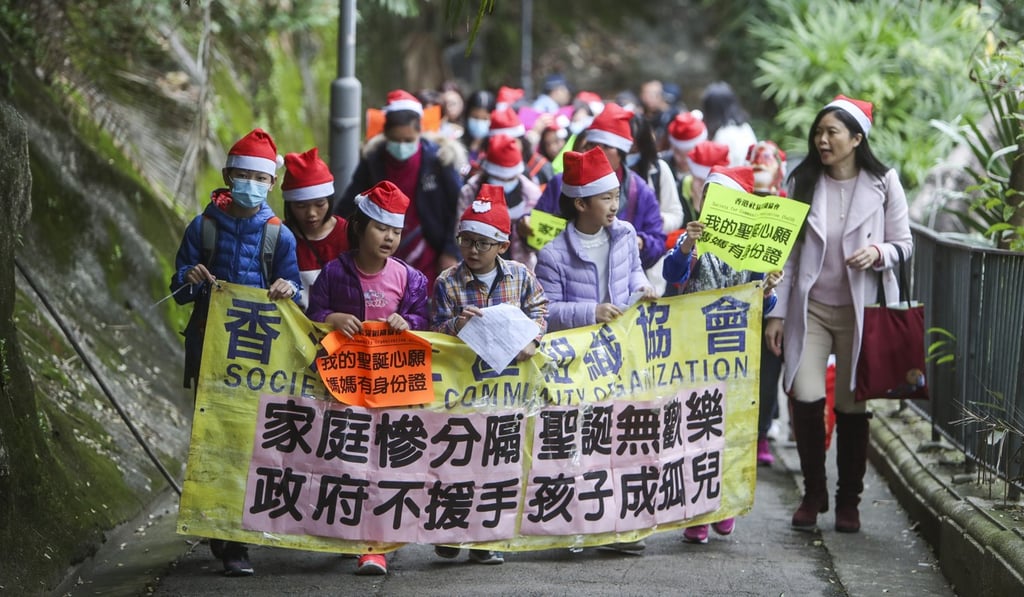Opinion | Mainland migrants are needed in Hong Kong. The city should not scrap the one-way permit scheme, but improve it
- The criticism directed at the mainland migrants in our midst is based on half-truths and prejudice, and should not be the basis of our policy. The scheme should stay, both for humanistic and practical reasons, but we should address genuine concerns

With the rise in the number of cross-border marriages, the scheme has been instrumental in allowing mainland spouses and children of Hong Kong residents to be reunited with their family in Hong Kong.
Such reunions should be encouraged. Families that endure long separations are more vulnerable to relationship problems. Divorces are more common, as are poor parent-child relations.
And the longer mainland children wait to come to Hong Kong, the harder it is for them to adjust to the local school system. When their well-being is compromised, society will also pay a price. Most of the mainlanders who come to Hong Kong under this scheme are mothers and young children. So the arrangement has helped many Hongkongers fulfil their aspiration to form a family.

